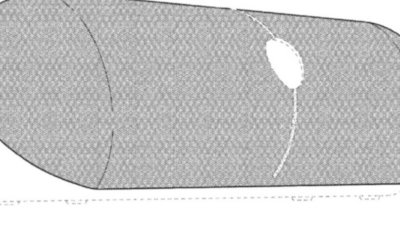Apple sued over methods for repeat iTunes, App Store sales
The 28-page formal complaint was filed late last month by little-known Actus, LCC in its home town of Marshall, Texas, the undisputed patent lawsuit capital of the United States. It alleges that 15 companies, including Apple, Best Buy, and Amazon, are infringing on one or more of several similarly structured patents — No. 7,328,189, No. 7,249,099, No. 7,376,621 and No. 7,177,838 — each of which are titled "Method and apparatus for conducting electronic commerce transactions using electronic tokens."
Essentially, the filings describe a pay-by-click method of e-commerce by which shoppers can quickly make repeat purchases or rentals with a specific online retailer after having first established a billing account that they populate with credits or funds. Electronic tokens swapped between the servers holding customers' account information and those hosting online stores can serve as tender or be used to verify the shopper has sufficient funds or credits for new transactions.
Like many patent lawsuits, Actus' complaint is broad and sweeping, using vague rhetoric that makes it difficult to discern which specific Apple technologies are at issue.
Apple has instituted 1-Click payments as a feature across its online electronics stores, allowing customers who enable the option to make repeat purchases with a single click, forgoing the need to resupply shipping and payment information, which is already stored on the company's servers.
For the iTunes Store, which also handles App Store sales, Apple offers a feature called iTunes Allowances, which lets customers send a monthly iTunes Store credit to a family member, friend, or colleague in an amount from $10 to $200.
"Think of an iTunes Allowance like a piggy bank. Some lucky kids get a monthly allowance and they trade the entire amount for stuff each month," Apple says in its description of the service. "Other kids might decide to put their allowance in a piggy bank and spend it later. iTunes Allowance works the same way as a piggy bank. Unused allowance credit rolls over from month to month until the recipient spends it."
While charging Apple with infringement, Actus repeats the basis of its patents:
If the user account contains electronic tokens having a value equal to or greater than the total price, the user is permitted to purchase the selected subset of products or services without requiring the user to disclose personal information to the vendor. The total price is subtracted from the user account, while the purchase transaction is not subject to a minimum processing fee.
It concludes with allegations that Apple is therefore directly infringing, and indirectly infringing through its "marketing, distributing, using, selling, or offering to sell the following products and/or services: Apple Store, iTunes, and iPhone Apps Store."
Actus is seeking damages and attorneys' fees with its suit, which also names Amdocs, American Express, Barnes & Noble, Cabela's, CitiGroup, eBay, FirstView, Marketing Technology Concepts, NetSpend, Officemax, U.S. Bancorp and ViVOtech.
 Slash Lane
Slash Lane
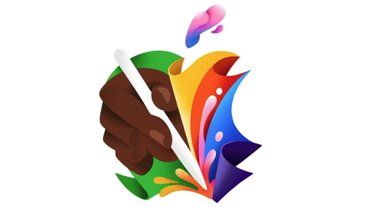
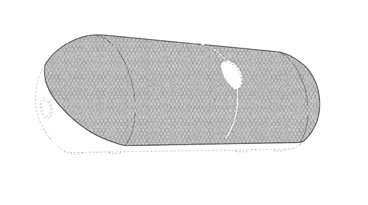








 William Gallagher
William Gallagher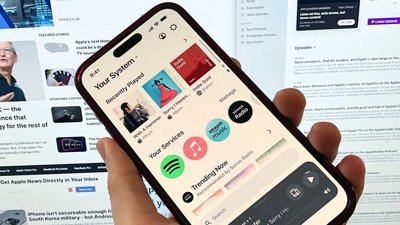
 Malcolm Owen
Malcolm Owen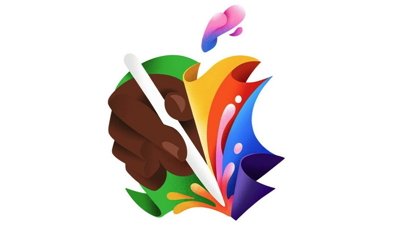
 Mike Wuerthele
Mike Wuerthele